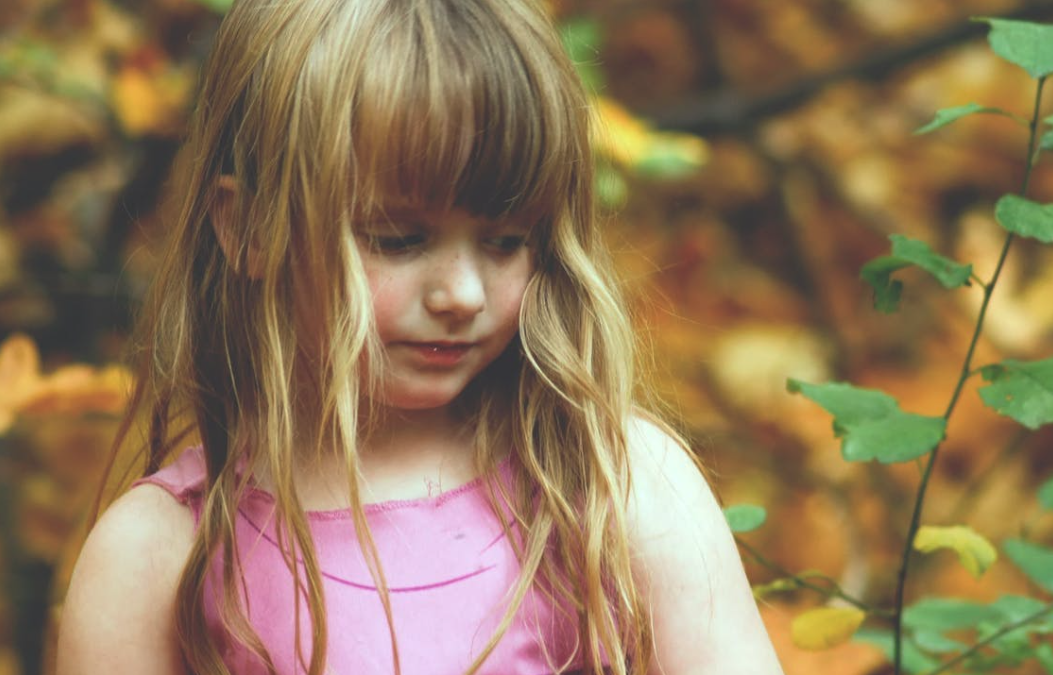The smell of the French countryside wafted in the open window. The air felt purer than back home, somehow. My four-year-old sister, Hanna, bounced happily on a quilt made by my great-grandmother. This was where we spent our summers in my childhood.
In a split second, my serene picture turned to horror. There was blood in her hair and on the wall. I looked closer at her head seeing a long gash in it from the corner she had hit it on. In a whirlwind we were at the hospital.
This hospital was not what we were used to.
It didn’t give out stickers and popsicles and have TVs to distract little ones from their pain. When we arrived, Hanna was immediately taken into a separate room to be examined. She began to panic. She didn’t understand anything these doctors said. She was in pain. She couldn’t find her parents.
My dad begged the doctors to let him go in with her, but this was against their policy, and his pleading was loud and in English. After struggling to communicate for a while, they finally agreed to let him watch from an observation room where Hanna would be able to see him through a window.
He watched in shock as her arms, legs and head were retrained while she got stitches. He describes her face when she saw him in vivid detail. Her eyes said “Why are you letting this happen to me? You are supposed to protect me. You could stop this, but you’re just standing there.” Tears fell from his eyes. He would’ve traded places with her in a second.
After we endured the long plane ride home and the gash turned into a scar, my Dad shared with me that he had been reflecting on what happened the day Hanna needed stitches. He told me that he had seen himself from Hanna’s perspective looking at God.
He said that in his suffering, he had looked at God with eyes that said “Why are you letting this happen to me? You are supposed to protect me. You could stop this, but you’re just standing there.”
It had profoundly affected the way he looked at suffering. Instead of blaming or questioning God in moments of heartache, he tried to surrender to the reality that God has a plan for us. That he loves us deeply and does not want us to suffer, but sometimes allows our suffering to bring about a greater good.
At Life on Belay, easing others’ suffering is at the core of our mission. But it’s important to remember that suffering is not something to avoid at all costs. There is meaning in our suffering, and it can fuel our growth and help strengthen us in virtue.
In our world full of hurt and chaos, let us re-shape our attitude toward suffering and in doing so, embrace that reality that was always there: That God is always with us, even in the darkest moments. That God loves us and wants our happiness. And that God has an eternal home, free from suffering, waiting for us.

